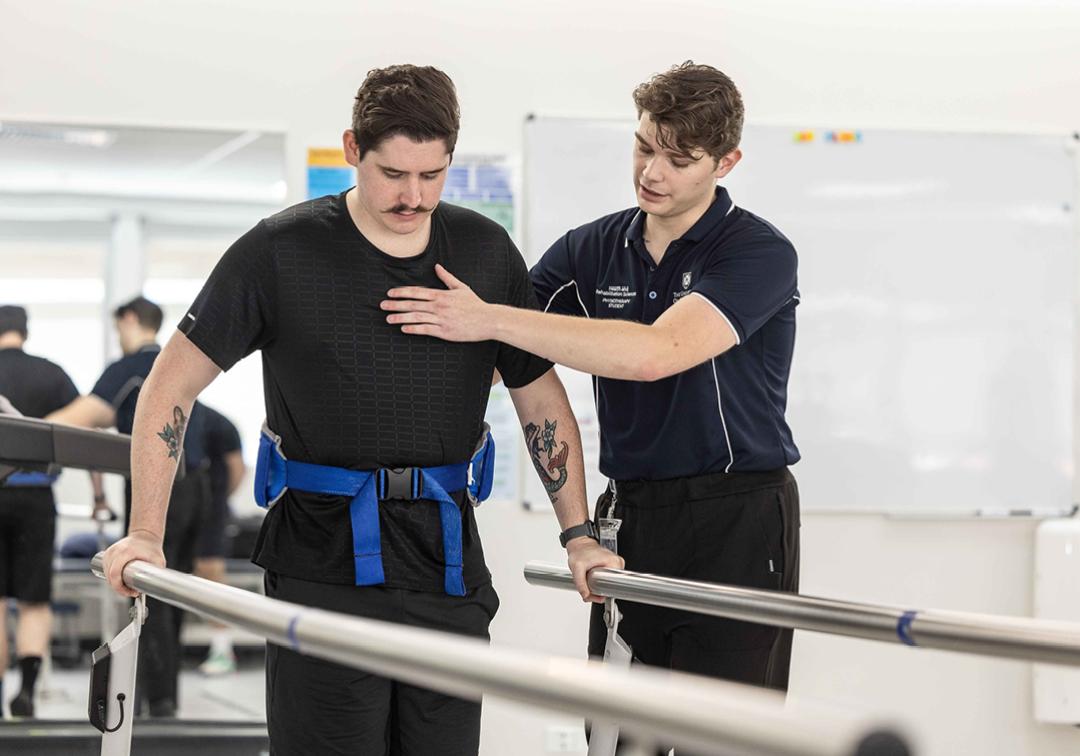
Dive deep into the complexities of the human immune system to transform the way we treat and prevent disease.
You’ll gain a comprehensive understanding of how our immune systems can be harnessed to prevent, treat and cure diseases.
Investigate the role of microorganisms such as bacteria, viruses and parasites in disease; the molecular basis of immune recognition; and the regulation of immune response in a range of infectious diseases.
Learn immunological techniques for developing vaccines and immunotherapies, as well as practical applications in biotechnology, microbiology, genetics and cell and molecular biology.
You’ll be taught by leading researchers working in laboratories where current medical breakthroughs are taking place. You'll apply your theoretical knowledge and build your technical skills through practical laboratory sessions and small group tutorials.
You’ll be equipped for a range of opportunities in hospitals, research institutions, biotechnology firms, pharmaceutical companies or universities.
Studying immunity and infectious disease will prepare you for further study in the field of medicine or to progress into a research-based honours program.
Career possibilities
Our programs prepare you for your first job and beyond. Here are some of the careers you could be on your way to:
- Pathologist
- Immunologist
- Medical scientist
- Research scientist
- Research assistant
- Bioprocess scientist
Events
See all events
12 January - 12 January
Institute of Modern Languages High School Enrichment Program

9 June
Master of Physiotherapy information webinar

29 June
Queensland Biology Winter School, Year 12
Stories
See all stories
UQ people
Turning her curiosity into a healthcare career
4-minute read

Careers
Powering up: UQ programs fuel next generation of sustainable energy leaders
5-minute read
Stories
See all stories
UQ people
Turning her curiosity into a healthcare career
4-minute read

Careers
Powering up: UQ programs fuel next generation of sustainable energy leaders
5-minute read
How you'll learn
Your learning experiences are designed to best suit the learning outcomes of the courses you choose.
- Lectures
- Tutorials
- Research experience
- Laboratory work
What you'll study
At UQ, subjects are called 'courses'. Here's a sample of the courses you could study:
- Biochemistry & Molecular Biology
- Microbiology & Immunology
- Genetics
- Integrative Cell and Tissue Biology
- Microbes and Human Health
- Biomedical Parasitology
- Global Health and Infectious Disease
- Virology
Keep up to date
Sign up to get information about applying and studying at UQ.

